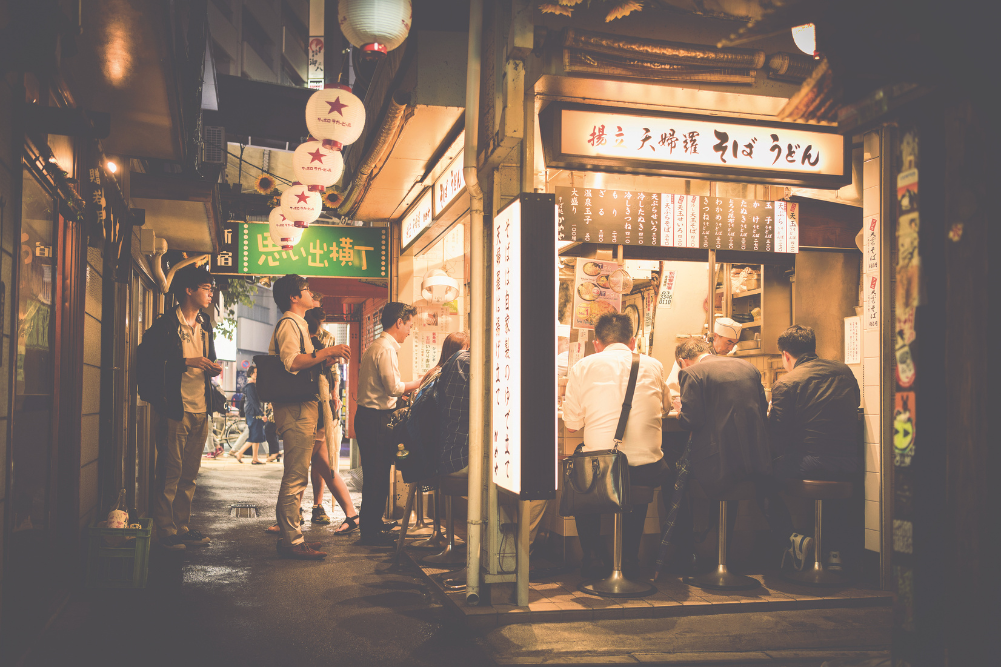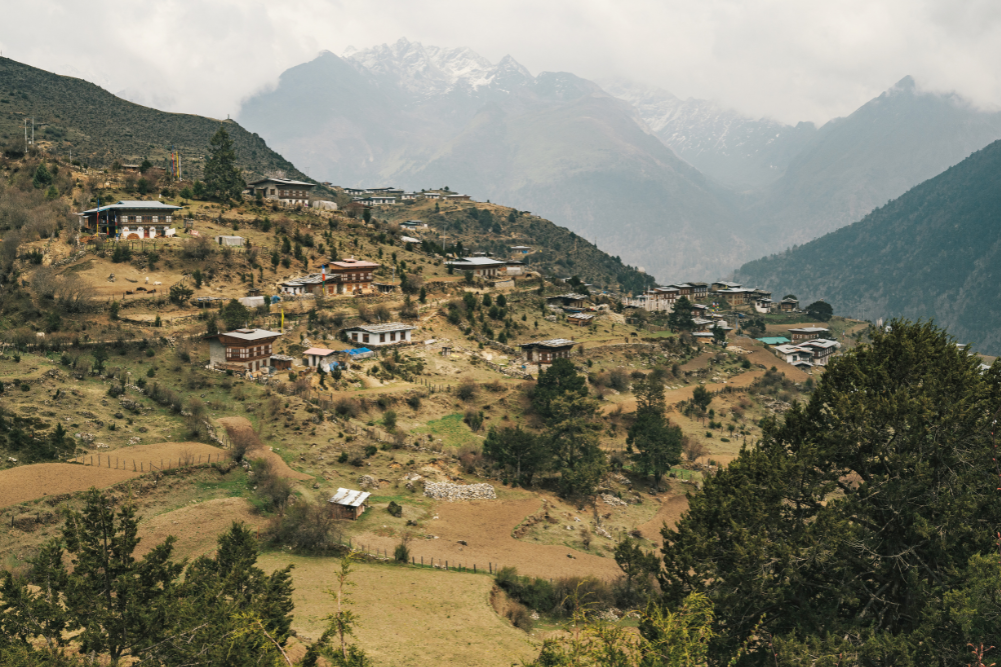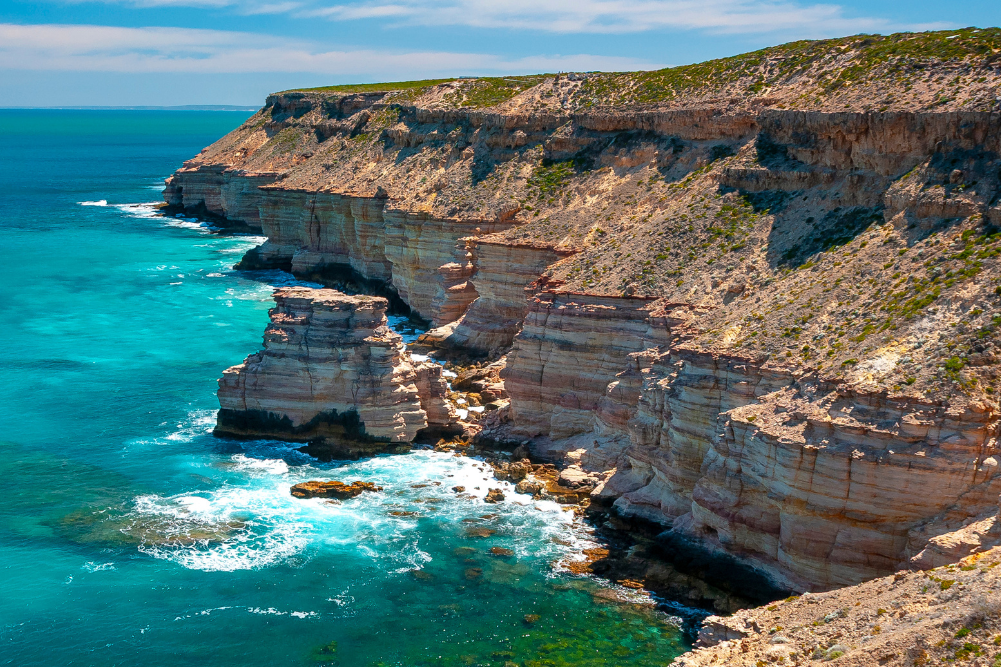Forbidden
When an expat returns to Japan on her own, chasing memories and testing limits, she meets a version of herself still learning what she can do. A misstep into Mount Fuji’s “Forbidden Forest” nearly ends in disaster, but what she discovers instead is resilience, trust and the power of choosing her own path.
Forbidden:
1) not permitted or allowed
2) not conforming to the usual selection principles
Like your childhood home, every country has a telltale scent. I remember Tokyo at age 10: the smoke of yakitori carts, a concrete jungle made from cement mixed with umami and thousands of years of history. Throngs of people move with the efficiency of a circulatory system. I drop every bit of food I dare to eat with the sticks they hand me. The rhythmic cadence of language I cannot understand. A seedling is planted for a life of adventure, grafted to a stalk of discomfort and arching for growth.
1982-ish
I grew up on long-haul flights.
It’s only a slight exaggeration. As an expat kid, I was fed travel like other kids were fed split peas. We dined at 35,000ft while passengers dragged comfortably on their cigarettes between courses. I cut my travel teeth on dinner rolls so soft, glutinous and shiny they doubled as a mirror.
I knew we were moving because months before, my dad came home with roses and champagne.
When he walks in, telltale gifts in hand, I look up from where I am placing silverware for dinner. Like Pavlov’s dog, I smile, wag my tail and ask where.
“Japan!” Still clutching the gifts, he waves his arms like a magician.
“What’s that? Where’s that?” I am dubious.
“It’s another country, it’s across the world!”
My response is silence as I envision the loss of oxygen we’ll surely suffer when we move to what I interpret as Mars or a neighbouring planet.
“But Mom and I talked about it and you can get your ears pierced now instead of waiting until you’re 13!”
Sold.
The ’90S
I should want to go to my prom. I mean I go; high school punch-list checked. My dad picks me up from the cruise after-party. It’s a 2am sprint from the dock to the downtown Marriott. We stay six hours, just long enough for me to shower, change and catnap before my first solo trip: Japan. I’m studying for four weeks for my senior project, two years since our family returned from our years-long trans-Pacific move.
Fact: 95 per cent of mid-19th-century passports were issued to men. Most women travelled under their husband’s passport and were assumed to be in his protection. Only an unmarried woman could obtain a passport in her own name. Even then, travelling alone was outside usual societal principles.
I reach into my bag for the 15th time. My passport, OK, still there!
On board, I fidget in my seat and try to summon my best Audrey Hepburn, Roman Holiday vibe. The flight attendant smiles and I request a stiff Kahlúa and cream, like it’s all I drink on the regular. What happens in internationally governed skies, stays in internationally governed skies! I drink them the entire way over, watch too many movies and land in Tokyo vibing more Keith Richards than Hepburn.
Between drinks, I remember to fill out the forms — my forms. I feel grown-up and giddy, like playing office as a kid. I’m careful with my answers, remembering the family trip and concern at Kenyan customs when my brother checked every box for aches and digestive indiscretions. I re-review passport numbers and my signature like I’m signing the Declaration of Independence; because I am.
At customs, I’ve “Nothing to declare!” I step outside and inhale deeply. I’m home. Resurrecting my Japanese, I find my taku-shii to our family friends’ empty apartment, where I’ll stay on my own. Through the cab window, the city is familiar and brand new. Well-placed mirrors on sidewalk corners take the element of surprise out of driving streets so narrow you’re certain you can touch both sides.
We arrive and I pay (remember, no tip!). Dragging my suitcase, more than half my weight, up many narrow stairs, I’m covered in a layer of sweat that smells vaguely like chocolate and rubbing alcohol, and haven’t slept in over a day. Step, pause aaannd heave. Rinse, repeat. I recognise Mark’s room first, their eldest son. My eyes land on a poster of his: a hiker summiting something insurmountable, snow-capped and rocky that reads, “I can because I have to.” I drop the bags from my hands and sink to the landing.
Exactly!
The late ’90s
The summer after my first year of law school, I’m back in Tokyo, solo, interning at a multinational company. It’s different, or I’m different. It’s less Hello Kitty– nostalgia and more irasshaimase (welcome) to the real world, kid.
The plan: stay at a downtown apartment and cat-sit for a family that’s travelling. Kitty and I are well aware of our privilege, living in an apaato the size of five real-life Japanese apartments, stacked as tightly as Jenga blocks.
Gaijin is a word used for non-native persons or foreigners.
It’s written with two kanji, that translate directly to “outside” and “person”. Some foreigners I’ve met feel slighted by this label. I think that belies deeper understanding of Japanese culture. Truth: in a homogenous society, steeped in thousands of years of history and tradition, you are on the outside. It’s OK because I’ve never met people more gracious than my Japanese friends, colleagues and strangers alike.
One of only four gaijin in the Tokyo office, my job is to learn the nuances of Japanese business. It’s a leap. I’m 22 and not particularly business savvy in Japan — or anywhere, really. I do this speaking Japanese; I’m somewhat proficient (says the CV), but not fluent. There’s a difference.
I’m a fly on the wall of international deals, rites and ceremonies not taught in Corporations 101. I study the order of things, the depths of bows, the degree of eye contact, the small rituals. The direction of your meishi (business card) on a conference table matters. Refined negotiation in a society that values saving face is not Wall Street. I grow more confident knowing I’m here as a solo ambassador. I own my mistakes and my progress.
My first new friend, Yukiko, looks out for me. We chat most days, quietly. As an Italian American New Yorker, a lot changes when I speak Japanese. My tone softens, arm gestures are less wild and I listen carefully, mindful of cues. All that moving around growing up taught me to speak in a way that makes others most comfortable and, hopefully, me more understood.
Halfway through summer, on a lark, I decide that mastering 8km for the first time on a flat treadmill, inside a temperature-controlled gym, qualifies me to summit Fuji-san.
I viewed Fuji-san in awe on school-bus rides, but never imagined more than a postcard relationship with the mountain. I learn an old childhood friend is also working in Tokyo this summer. We agree, over more than one glass of wine, that it’s a brilliant idea. Eager to share this with my work friends, their responses are supportive with circuitous, kind questions about my experience (remember the saving-face part). A universal concern from each emerges: Be careful of the Forbidden Forest! Please don’t get lost in the Forbidden Forest. Whatever you do, watch out for the Forbidden Forest! It bore repeating, I guess.
I echo their warnings to my friend Kate. She’s unfazed: “We’ll be fine!”
We take the earliest bus to base camp, per the guidebook, for a one-day climb, and that is where our preparation ends. I notice many fellow climbers look like, well, climbers. I scan our makeshift layers and running shoes.
“We’ll be fine!”, Kate reassures, beaming.
Taking cues from others, who likely read past page two of their guidebooks, we spot the shop and purchase the infamous walking sticks that are stamped at the stations as we ascend. Thank God it’s raining. Mother Nature’s caveat prompts us to add some cheap plastic rain ponchos and pants to our pile, the closest thing we have to any “technical” gear.
The start’s a cocktail of joy and wonder, splashed with bravado. Cheers to adventure! We’re maintaining a decent clip. Someone greets us at each station to brand our walking sticks and immortalise the stories of triumph we envision sharing. Stories that grow as big as the fish your grandpa caught once. Periodically, we turn around and realise just how steep, and how far.
Near hour five-ish, there’s far less bravado and more and more rocks. We clutch our cheap ponchos tighter and thank all deities we can name (and some we’ve just seen in books) for the best purchases all year. The wind “out of nowhere” (those prepared are less surprised) is a force.
“Oh my God!” I touch Kate’s arm, panting.
The clouds become the softest white floor below. Unrelenting wind wrestles my small frame to the ground as I belly-crawl my way to the infamous crater. Mother Nature’s raw force is magnificent. I am humbled, yet empowered to be there with her.
I will need her strength.
We take time relishing the views and snap photos. Still euphoric, we scout our path down.
It starts a couple of hours into our descent; the joke that’s not a joke.
“Ow! Wow, OK, good thing I don’t need my right knee!”
“That’s OK, take mine since my left is trashed, we can make a whole person!” [Insert nervous laughter.]
The terrain is unforgiving, steep and slippery. It scoff s at our running shoes. The light, through trees dense as San Francisco fog, is waning.
“How late is it?” I glance at Kate, bent over, rubbing her knees.
She squints at her Indiglo watch.
“Don’t ask.”
No-one wants to say it first: we have zero, and I mean zero idea where we are.
“Ouch, my God! Did we miss a sign?”
“I don’t know, I thought this was it.” I cannot differentiate coming from going.
Kate’s voice is a squeaky violin string: “You know what, we are NOT fine! I hope you like this spot forever because I cannot walk a single step more!” She sits straight down.
She’s unravelling. I get it. My untrained knees are in agony and I can barely see my hand.
I turn toward her voice: “Well, great. Twenty people warn us and we still get lost in the forest!”
We can no longer see the summit above where we stood elated hours ago.
Kate starts to cry. Using my hands to feel my way, I sit next to her. This whole summer has felt like I’m in the back seat of the universe’s wood-panelled station wagon on a trip to “Comfort Zone” — some mythical adult Disney Land. Every five minutes I ask, “Are we there yet?” The universe knowingly looks back: “Not even close!”
I sit taller, my chest expands, and a voice far braver than the one in my head speaks up: “Kate, look, we can do this! We’re not lost forever, we’ll take breaks and move slowly, carefully, one step at a time. I promise you we’ll be OK!”
I mean it, too.
But every step is a hot poker to my knees.
My internal dialogue deteriorates:
OK, if we have to sit here all night, we have water. We’ll be OK. You won’t dehydrate before daylight, right? Can’t you drink your pee? Wait, what did the Girl Scouts say? What the hell?! You wore a yellow poncho and the only thing you learned was to make s’mores. S’mores ain’t gonna save you now, are they?!
We start calling for help. Nope, not on a cell phone. Baby step by baby step, shouting into the now-near dark.
It’s unmistakable when we see it: light.
We find its source: grace embodied, a man with a kind face, holding a flashlight. Trembling, still wearing our ponchos, he motions to follow him.
We learn his modest home is nearby. His kazoku (family) takes us in and lavishes us with steaming hot ramen and the sweetest Coca-Cola I’ve drunk to this day. They speak little English. I use my best Japanese, but soon realise that college left a vocabulary gap around death-defying, foolhardy mountain treks.
We offer never-ending arigatos (thank-yous) and deep bows as kind man sends us back on a late bus, full of ramen and love.
Truth: in hindsight, I’ve no idea where we were, it remains a mystery to this day.
When I recounted the tale to Yukiko, I definitely said the Forbidden Forest; the fish was huge! That summer, more than coordinates on a mountain, I travelled to the “Forbidden Forest” in my mind many times. Challenges that felt uncomfortable, limited or impossible.
My suggestion? When you find yourself there, keep going. Palpate the moment, hands on the ground, senses and intuition afire. Move forward, one step at a time, because you can. The needle of your compass points back to you, and the direction is trust every time.
Some things solo travel taught me
- Discomfort is the antivenom to the snakebite of mundanity.
- Say “Yes!”
- Honour the collection of experiences that are unapologetically yours.
- Outside our comfort zones is terrifying and vibrant and essential.
- Solo travel is a lifestyle choice where each step of exploration is a step towards trust in ourselves.
- You are the only one signing your permission slips. Don’t forget it.
- When you know what you can overcome, nothing is forbidden.








